
From left to right, Peter Maxwell, as Orlando, Isla Granholm as Rosalind, and Mary Herman, as Celia. (photo by Eric W. Austin)
This past weekend, I was lucky enough to attend the opening night performance of the Southern Maine Association of Shakespearean Homeschoolers’ production of As You Like It at the Cumston Hall theater, in Monmouth.
The play is one of Shakespeare’s most accessible comedies and the plot rushes forward on the wings of witty dialogue, clever plot twists and engaging characters. Its story centers around young Orlando, played ably by Peter Maxwell, who exudes a youthful and relatable vulnerability appropriate to the character.

Peter Maxwell as Orlando and James Maxwell as Charles (contributed photo)
Orlando is the youngest son of recently deceased Sir Rowland de Boys. His older brother, Oliver, played by Jacob Sullivan, treats Orlando badly and withholds his inheritance and education. In an effort to escape from under his brother’s shadow and seek his own fortune, Orlando enters a wrestling match against an intimidating opponent, Charles. The play opens on this dramatic scene as Orlando faces off against Charles, played by James Maxwell, who embodies the brutish and haughty Charles with scary authenticity. Oliver prevails but attracts the attention of the villainous Duke Frederick, who has usurped the throne from his brother, Duke Senior. Fearing for his life, Orlando escapes to the nearby Forest of Ardenne.
Meanwhile, Rosalind, daughter of the exiled Duke Senior and niece of the evil Duke Frederick, attends the wrestling match and catches the eye of Orlando, who quickly falls for her, but Rosalind soon finds her own life in danger from her conniving uncle. She too flees to the forest, disguised as a man, along with her cousin, the lady Celia.
Rosalind is played by the talented Isla Granholm, and Celia by Mary Herman. The chemistry between the two is the highlight of the show, and they light up the theater whenever they are on stage together. The plot twists and turns from here, with Shakespeare’s dialogue and clever wordplay ensuring there is never a dull moment.

Left-to-right: Annie Herman, Mary Herman as Celia, Ethan Bean as Touchstone, and Isla Granholm as Rosalind (photo by Eric W. Austin)
The entire cast, under the capable direction of Sam Richards, captures the secret of delivering an entertaining small theater experience: they have fun with the material and that fun is infectious.
The costumes are bright and colorful, helping to make each character distinct and recognizable. The stage sets, though minimal, perfectly capture the scenes without getting in the way, and Director Richards smartly includes some extra narration to help the audience follow the action, although I found the actors’ excellent delivery meant this was rarely necessary.
The play itself contains some of the Bard’s most unforgettable lines, such as, “All the world’s a stage, and all the men and women merely players”, uttered by the character of Jaques, played by Orrin Frederick. My favorite was a line proclaimed with comedic brilliance by Isla Granholm, as Rosalind: “Do you not know I am a woman? When I think, I must speak.”

Ethan Bean as Touchstone and Micah Wolf as Audrey (contributed photo)
The play is filled with witty lines like these, delivered with infectious exuberance by the young cast. Other notable performances include Ethan Bean as the jester, Touchstone, who has some of the best lines. Micah Wolf plays his love interest, Audrey, who, although a minor character, nevertheless manages to delight every time she appears and deserves special mention. Rachel Maxwell also dazzles with ethereal beauty in her role as Hymen, the goddess of marriage.
Overall, this was an excellent adaptation of one of Shakespeare’s best comedies, filled with witty banter, romantic hijinks, clever disguises and political intrigue. The historic Cumston Hall, in Monmouth, is the perfect venue for this type of small theater experience, with its majestic interior design, excellent acoustics and intimate feel.
Anyone who enjoys the poetic brilliance of Shakespeare and the intimacy of local theater will enjoy this performance. Luckily, the production has two more shows this weekend, on Friday, February 16, at 6:30 p.m., and a final afternoon show on Saturday, February 17, at 2 p.m. Tickets are $8 and available for purchase at the door or online at smashmaine.jimdofree.com/tickets/.
Cumston Hall is located at 796 Main Street, in Monmouth.

(contributed photo)


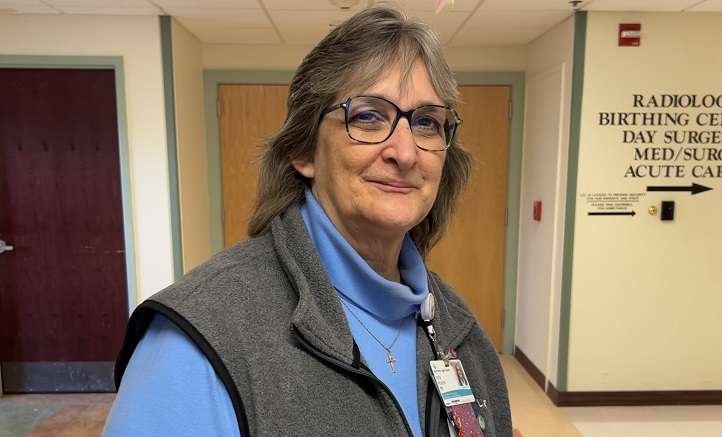
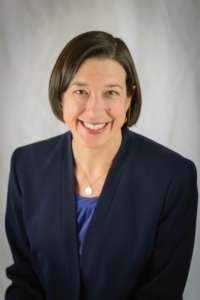
 The Worthington Scholarship Foundation is excited to announce their 2024 scholarship application is now open. Students graduating from a Maine public high school who meet the eligibility requirements may apply.
The Worthington Scholarship Foundation is excited to announce their 2024 scholarship application is now open. Students graduating from a Maine public high school who meet the eligibility requirements may apply.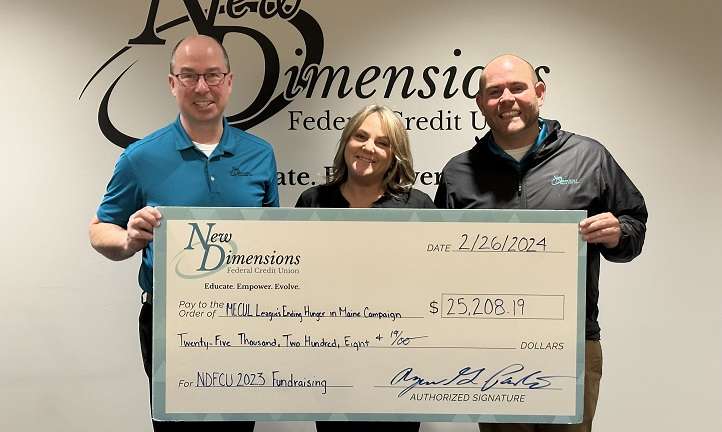
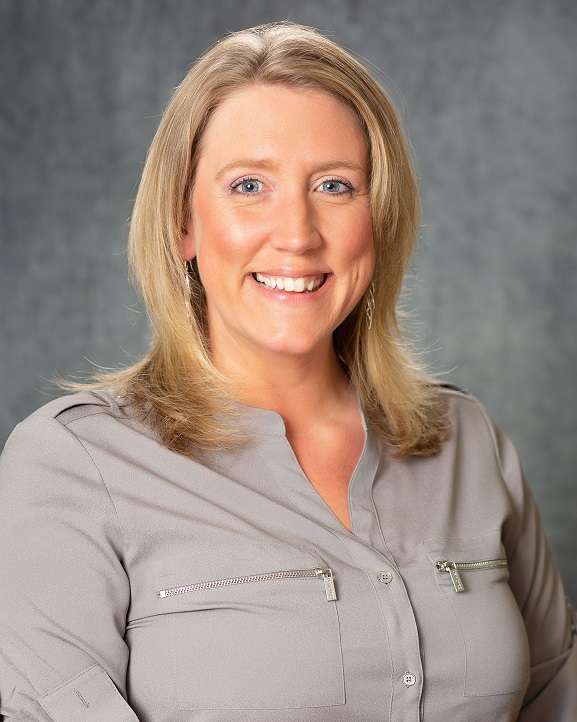

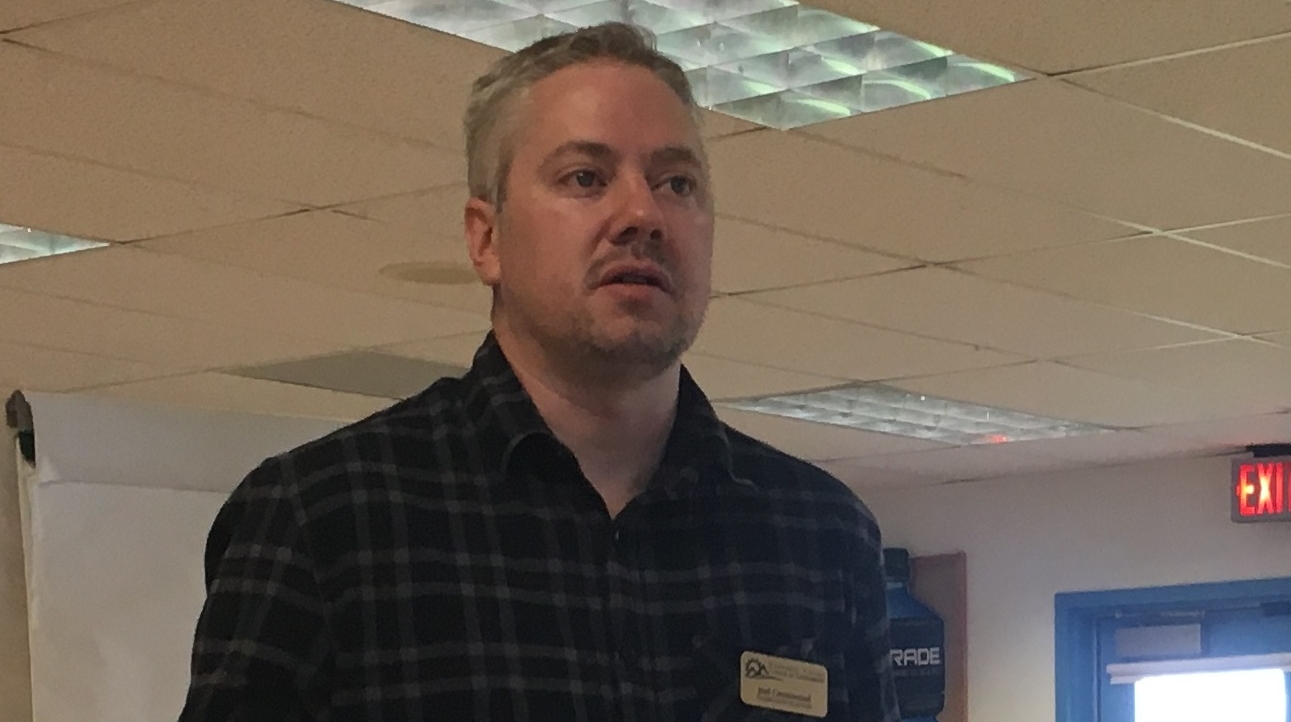
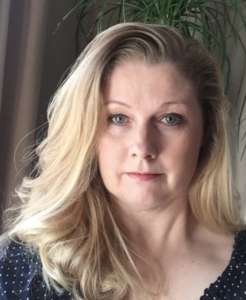





 The University of New England, in Biddeford, has announced the following local students who achieved the dean’s list for the fall semester 2023:
The University of New England, in Biddeford, has announced the following local students who achieved the dean’s list for the fall semester 2023: